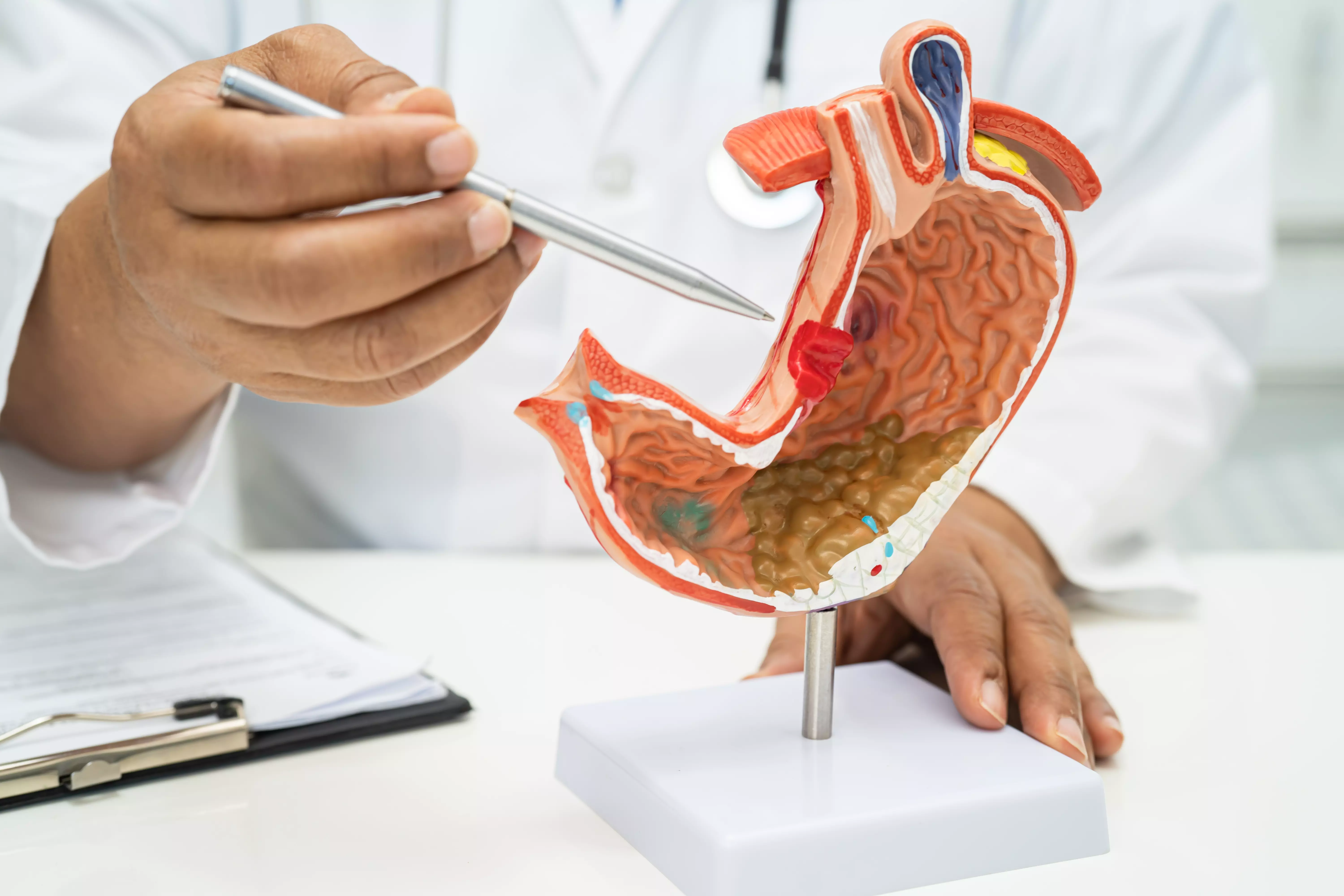Examination and therapy of gastric diseases in children
Study and therapy of gastric diseases in children
Introduction:
Stomach diseases in children are a serious health problem that can lead to serious complications if not properly diagnosed and treated. Investigation and treatment of these diseases is vital to ensure children's health and well-being.
Symptoms of stomach diseases in children
Symptoms of stomach diseases in children can vary and depend on the specific condition. However, there are some common symptoms that both parents and doctors should pay attention to. The most common symptoms of stomach diseases in children include:
Abdominal pain: reaching various parts of the abdomen, may be dull or colicky.
Vomiting: both one-time and recurrent, may be related to food or occur spontaneously.
Diarrhea: loose or watery stools, often occurring after meals.
Problems with food intake: the child may experience difficulty eating, loss of appetite or difficulty swallowing.
Examination of gastric diseases in children
To properly diagnose stomach diseases in children, the doctor may order various tests. Among the most common tests are:
Physical examination: the doctor will carefully look at the child's abdominal cavity to see if there are any visible changes.
Laboratory tests: taking the child's blood and urine to assess overall health and identify any abnormalities.
Imaging tests: such as an abdominal X-ray or ultrasound to get a picture of the internal organs.
Endoscopic examination: using an endoscope to directly observe the stomach and insert instruments to perform biopsies or other procedures.
Treatment of gastric disease in children
Once a child's stomach disease is properly diagnosed, appropriate therapy should be initiated. The choice of therapy depends on the specific condition and may include:
Drug treatment: administration of medications such as proton pump inhibitors, antiemetics or anti-diarrheal drugs to relieve symptoms and cure the stomach disease.
Symptom management: recommendations for diet and lifestyle changes, such as avoiding certain foods or eating regular meals at consistent times.
Integrative behavioral therapy: psychological help and support for the child in coping with the disease and changes in daily functioning.
Medical procedures: in some cases, medical procedures may be necessary, such as the removal of polyps or other lesions in the stomach.
Summary
The investigation and treatment of gastric diseases in children are key to ensuring their health and well-being. How quickly stomach diseases in children are identified and treated can have a significant impact on their future lives. Therefore, it is important for parents to regularly monitor their child for any symptoms of stomach diseases and consult a doctor immediately if they have any concerns. Early detection and proper treatment of stomach diseases in children can prevent serious complications and speed up the healing process.
Add comment